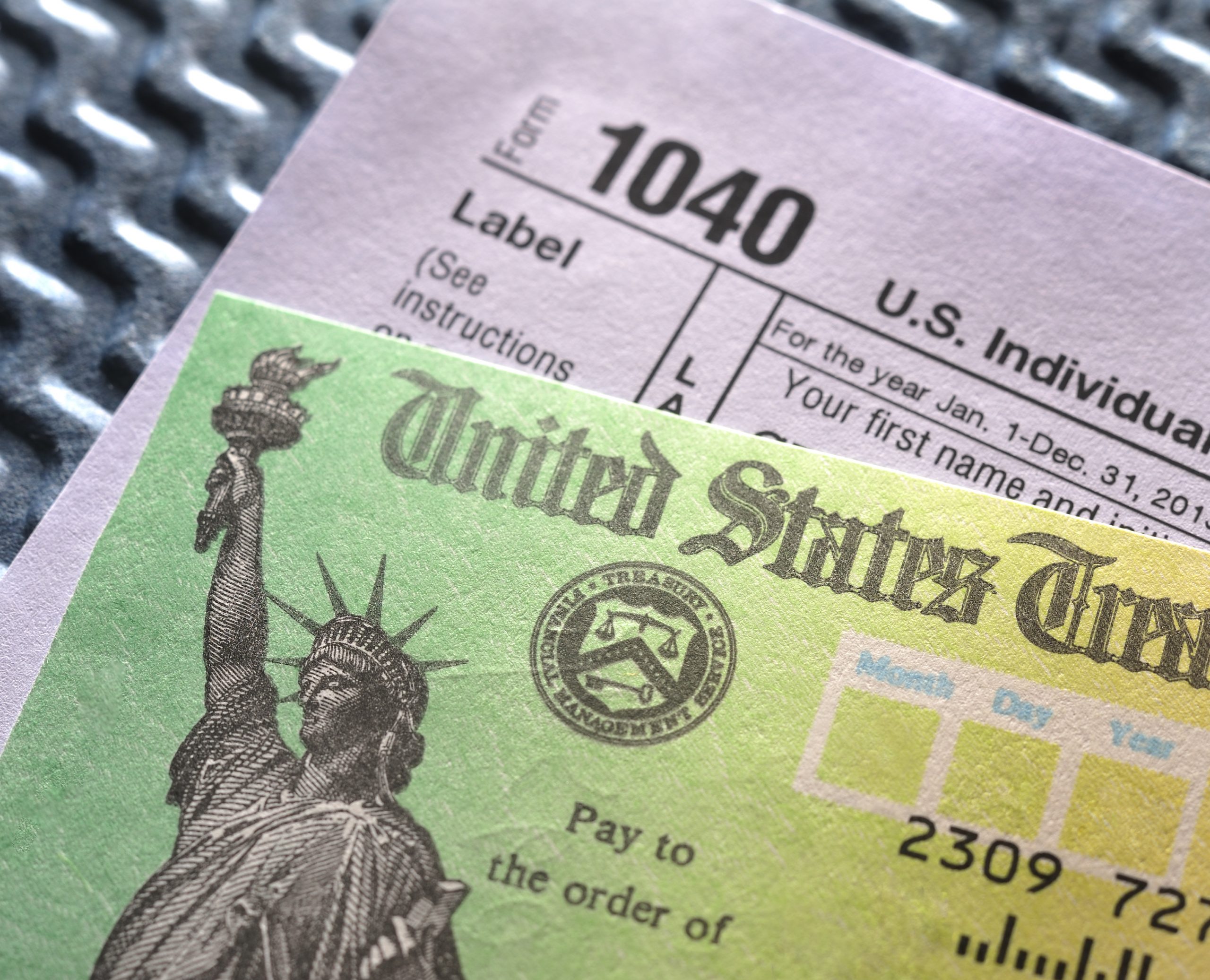
Here is the IRS’s phone number: 800-829-1040. With an anticipated $21 billion in tax refund fraud this year, you might need it. And that figure doesn’t include losses from dodges like the IRS phone scam, which has been enjoying a renaissance of late.
IRS phone frauds aren’t terribly difficult to detect. You get a call from the IRS saying you owe money and that you must pay immediately. The threat of police intervention may or may not accompany this hot and heavy approach.
Here’s the one-step method: hang up. The IRS doesn’t call asking for money — yet.
Let’s say you forget the one-step method. Here are four dead giveaways that it’s a scam:
- The IRS never asks for immediate payment,
- The agency will never bill you without giving you an opportunity to dispute the claim.
- Although you shouldn’t get this far into the conversation, the IRS doesn’t care how you pay, and won’t point you to a particular method.
- There will never be any threat involving police or marshals or prison.
If you were starting to feel a little better, stop. Think of tax refund fraud as the clever cousin of the above. It’s not at all easy to detect, or even avoid.
Tax Refund Fraud Is Getting Worse
With more than a billion personal records “out there,” identity theft has become the third certainty in life, right behind death and the topic at hand.
I write about this topic extensively, and I continue to talk about it because a knowledgeable taxpayer stands a better chance of sidestepping the tax-time pitfalls out there — especially tax refund fraud.
What Can You Do?
Unfortunately, if you become the victim of tax refund fraud, you are going to have a long road ahead before everything is resolved. It is not uncommon to wait more than six months before you get the tax refund that’s actually owed to you.
That is why it’s important to shift to a new paradigm, and act.
- Assume that your data has been compromised, and proceed accordingly.
- File your taxes as early as possible.
- Read all mail from the IRS, and if there is any indication of fraud, act without delay.
What’s the bottom line here? There are myriad ways to get scammed. If your Social Security number has been compromised in a data breach (21.5 million SSNs were compromised in last year’s Office of Personnel Management breach alone, not to mention the approximately 100 million SSNs involved in healthcare breaches), then you are in the danger zone. (See the above three pieces of advice.)
What to Do If You Are a Victim of Tax Identity Theft
In addition to a big-picture discussion of what needs to happen at the federal level to stanch the bleeding of our federal treasury, my new book Swiped details what you should do if you have been the victim of tax refund fraud.
Report the crime. File a report with your local police, call the FTC Identity Theft Hotline at 1-877-438-4338, and the IRS at the number provided at the beginning of this column.
Request a fraud alert or credit freeze. Your Social Security number is definitely in enemy hands. Contact one of the three major credit reporting agencies — Equifax, Experian or TransUnion — and ask that a fraud alert be placed on your credit records. A credit freeze is a more comprehensive lockdown of your credit report than a fraud alert, but it’s also a bit more cumbersome. You have to request a freeze with each of the three bureaus and there may be a fee to freeze and unfreeze your credit, depending on the state where you live. No matter which option you choose, it’s important to remember this is no silver bullet and there are still other forms of identity theft you’re vulnerable to despite having a frozen credit report.
Consider enrolling in credit monitoring programs. You might wish to purchase a combination credit and fraud monitoring service, which provides instant alerts whenever anyone attempts to open a credit account in your name. This can be an effective backup to fraud alerts.
Close fraudulent accounts. Again, the tax refund fraud is impossible without your personally identifiable information. Check your credit reports. You can get free copies of your credit reports once a year at AnnualCreditReport.com. (You can also get a free credit report summary every month on Credit.com.) Close any credit or financial account that has been tampered with by a thief or opened without your permission.
Contact the IRS. Call the number provided on the IRS notice informing you of the fraud if it is not the same as the number provided here. To clear your tax record, complete IRS Form 14039, Identity Theft Affidavit. You can use a fillable form at IRS.gov, print it, then mail or fax it.
Pay your taxes. Be sure to continue to pay your taxes and file your tax returns on time, even if you must do so by mailing in paper forms.
Stay diligent. If you contacted the IRS about taxpayer ID theft and did not receive a resolution, also contact the Identity Protection Specialized Unit at 1-800-908-4490 about your case.
Stay alert. You have to assume that if someone has enough of your personal information to file a tax return, they have more than enough information to commit other forms of identity theft. Read every explanation of benefits statement and be sensitive to any communication you may receive from a debt collector. It may not be a mistake.
Unfortunately, tax fraud is a fact of life. The best way to deal with it also happens to be simple: file as early as possible and open all your mail.










